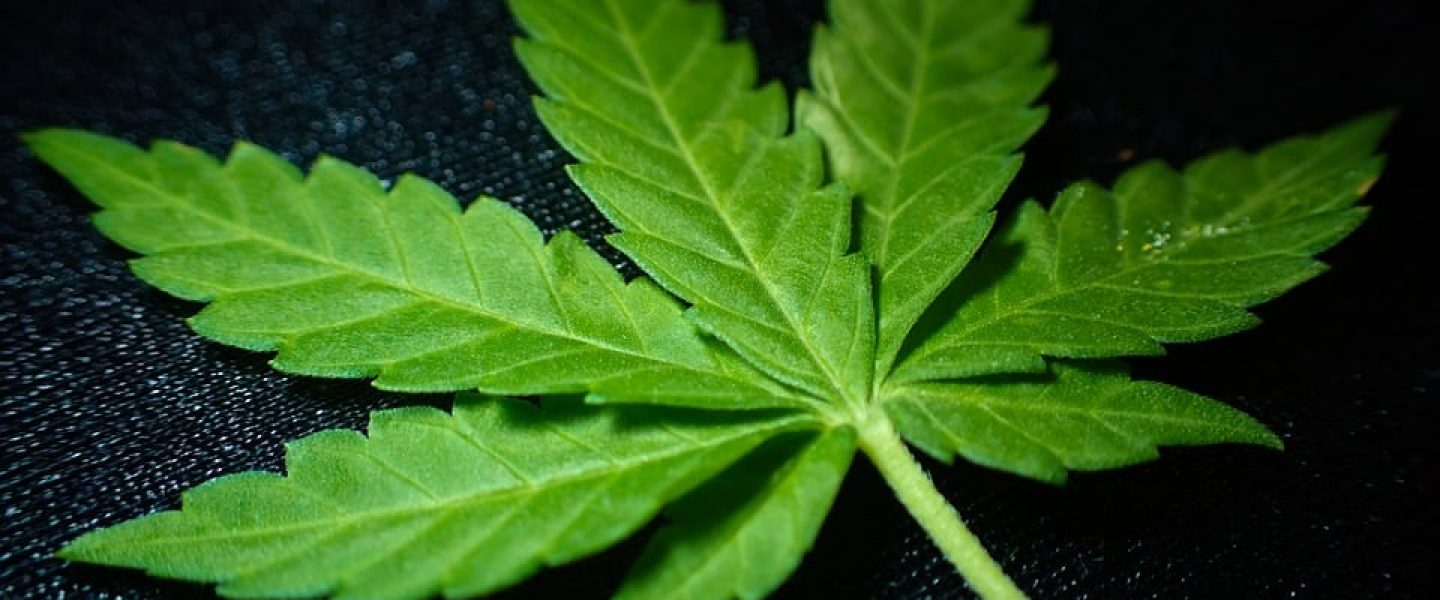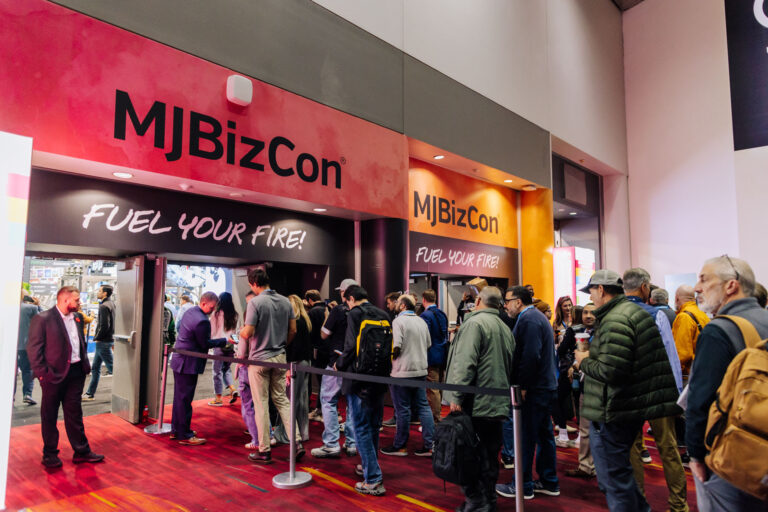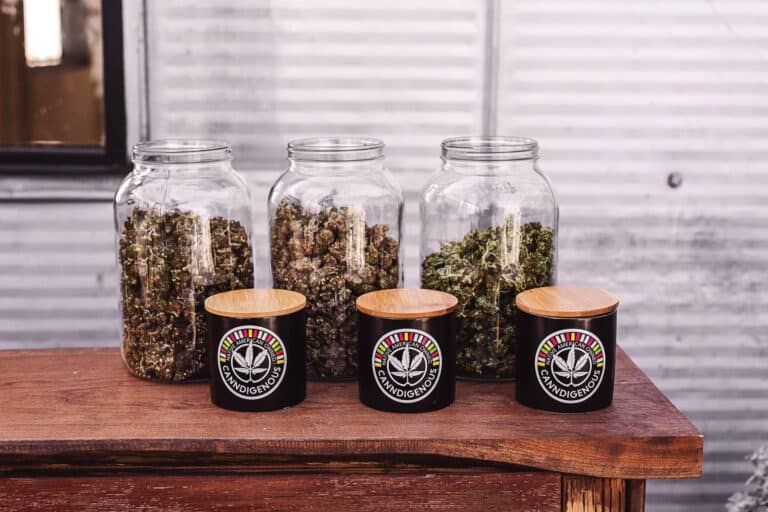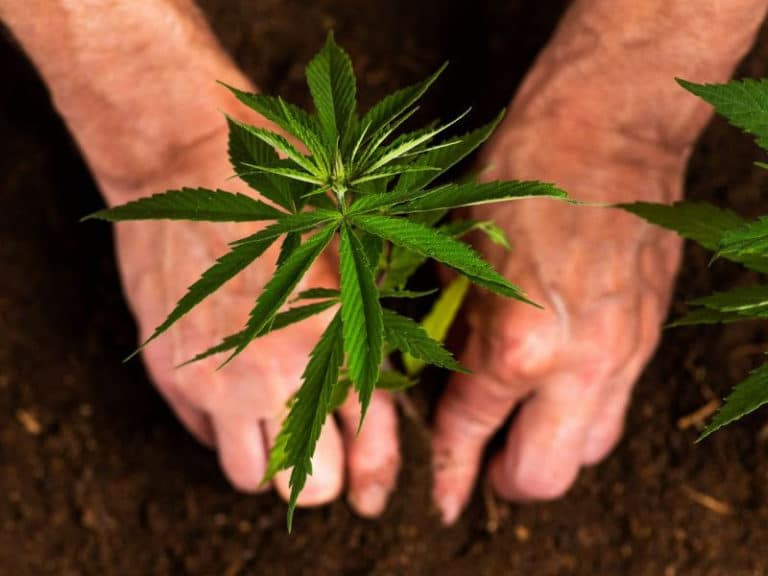Illinois’ recreational marijuana program went into effect on New Year’s Day, 2020 when long lines snaked around the corners of the state’s pot shops.
Now, there’s another place where long lines are forming: The Illinois Department of Public Health, which is fielding thousands of medical marijuana applications.
Why now, one might ask? After all, medical marijuana has been legal in Illinois since 2014 and became available in dispensaries in 2015.
One reason, some say, is that people may feel freer to purchase and consume cannabis for medical purposes now that it’s legal.
Although there might be a more practical explanation for why thousands of people are seeking to join the state’s nearly 110,000 MMJ patients.
In addition to being able to skip the persistently long lines at the state’s 56 pot shops, medical marijuana patients are exempt from paying most of the state’s marijuana taxes.
Illinois state law also requires dispensaries to have a 30-day supply of MMJ products available for patients. Nevertheless, statewide shortages of both recreational and medical cannabis occurred almost immediately.
Sticker shock
Out of the eleven states and Washington D.C., where recreational marijuana is legal, Illinois has the second-highest tax burden on retail cannabis sales in the country – second only to Washington State. Although it must be noted that Washington has some of the lowest legal cannabis prices in the nation because the state has licensed so many growers.
For example, in Chicago, with a population of 2.8 million, cannabis customers are paying up to 41% in taxes on some weed products and that does not include a 7% state wholesale tax being charged further up the supply chain.
Inclusive MMJ Program
In 2019 alone, when Illinois greatly expanded its MMJ program and made it easier for patients to participate, some 37,000 people became MMJ patients, according to a Department of Public Health report.
Illinois’ medical marijuana program lists fifty conditions in order to qualify for MMJ; the list was updated in Aug. 2019. Illinois allows for more illnesses and conditions than any other state in the nation.
Another Plus for the Land of Lincoln
Illinois approved an admirable expungement program, which prompted Governor J. B. Pritzker to pardon over 11,000 non-violent cannabis convictions on Dec. 31, 2019, making Illinois the most equity-centric cannabis legalization program in the country.
Then, what’s the problem? It’s complicated.
Pam Althoff, executive director of the Cannabis Business Association of Illinois, said the root of the problem dates back to when the legislation was being drafted and stakeholders were worried about approving too many grow licenses and creating an oversupply problem, like Oregon. Allowing large-scale cultivation companies into the state would have hindered small growers, she told the Chicago Sun Times.
But Althoff expects the situation to be sorted out by May 2020.
“There’s always bumps with new things, but I think it’s going extraordinarily well,” she said.








